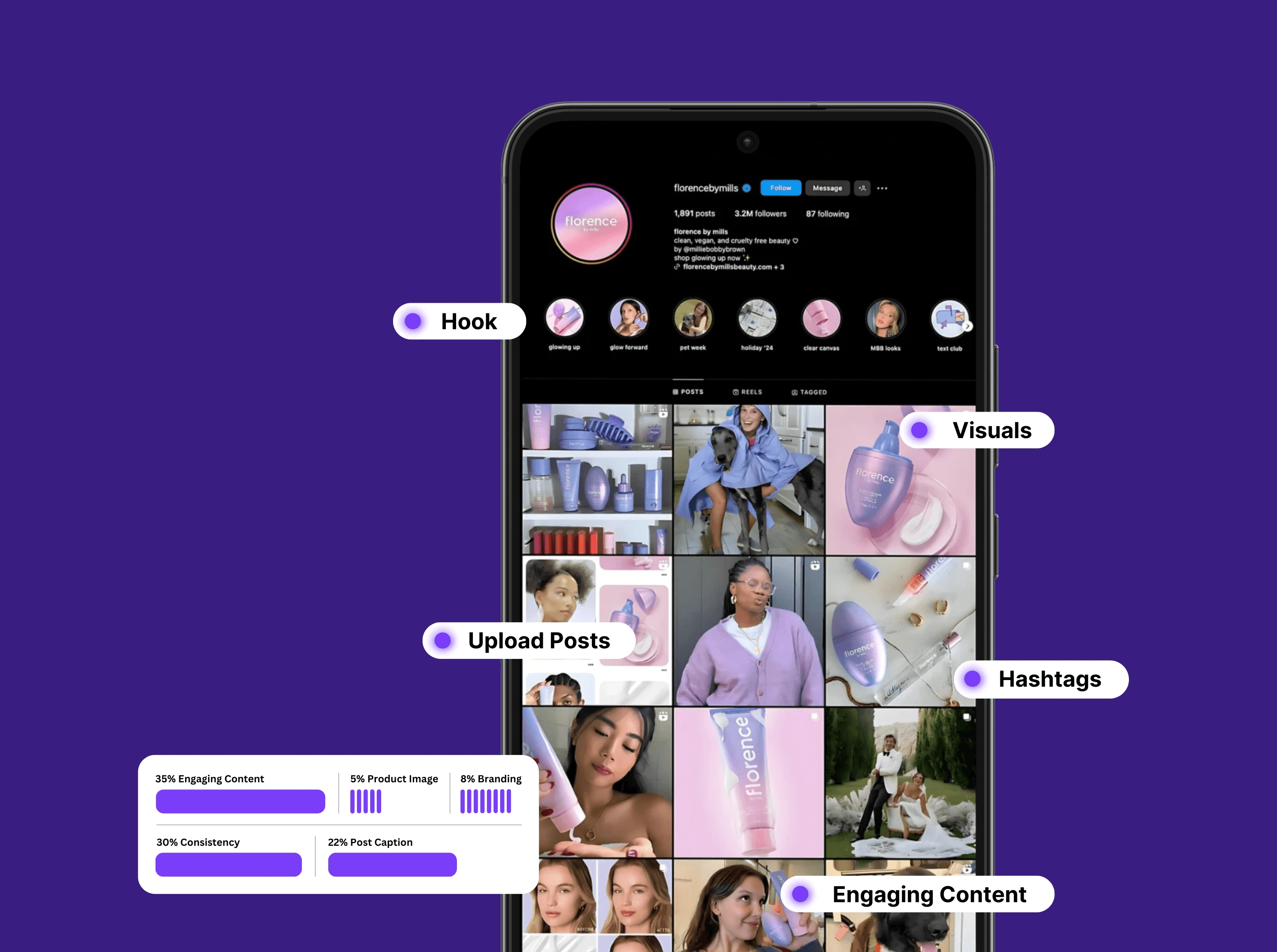Imagine this: you're cooking dinner, hands full of spices and sauce, and suddenly you need to know the perfect internal temperature for chicken. Do you pause, wash your hands, and type? Nope. You just ask, “Hey Google, what’s the safe temperature for cooked chicken?” Within seconds, you have your answer—no hands, no hassle.
Welcome to the era of voice search. This isn't science fiction; it's the everyday reality of 2025. And if your brand isn’t optimizing for it, you’re already a step behind. This blog breaks down exactly how voice search is reshaping SEO, what it means for businesses (especially in Toronto and across Canada), and how Rarecide stays ahead of the curve.
Let’s dive into the voice-powered future of marketing.
📈 What Is Voice Search and Why Should Marketers Care?
Voice search allows users to speak into a device rather than typing their queries into a search bar. It’s fueled by virtual assistants like Siri, Google Assistant, Alexa, and Cortana.
The shift is not subtle:
By 2025, over 60% of online searches are voice-based.
1 in 2 consumers use voice search daily in North America.
Local voice search like “near me” queries have grown by over 500% in recent years.
For businesses, this means your website’s visibility now depends not only on what users type, but how they speak. If your SEO isn’t voice-optimized, you're missing a growing piece of the organic traffic pie.
🔍 Voice Search vs Traditional Search: What’s Different?
Voice search isn’t just spoken typing—it’s fundamentally different:
Traditional Search Query | Voice Search Query |
|---|---|
“Toronto best coffee shops” | “What’s the best coffee shop near me?” |
“Buy sneakers online Canada” | “Where can I buy sneakers online in Canada?” |
Key Differences:
Conversational tone: Voice queries are longer and more natural.
Question-based: Most start with what, how, where, when.
Intent-rich: Voice queries reflect clearer intent, which is gold for marketers.
Local focus: Many are location-specific (“near me,” “in Toronto,” etc.).
🧠 How Voice Search Impacts SEO in 2025
To stay ahead, your SEO strategy must adapt. Here’s how voice is changing the game:
1. Shift Toward Natural Language
Your content must mimic human conversation. Think less like Google and more like your customers.
Instead of:
"Best SMM marketing agency Toronto"
Say:
"Looking for the best social media marketing agency in Toronto? Here’s what to consider."
2. Long-Tail Keywords Dominate
Short, choppy keywords are being replaced by longer, specific phrases.
🔑 Focus keywords now include:
"social media marketing agency in Toronto"
"How much does social media management cost in Canada?"
"Top marketing companies in Canada for small business"
3. Featured Snippets Are Everything
Voice assistants often pull answers from Google’s featured snippets.
To win the snippet:
Use bullet points
Add FAQs in headers (even if we’re skipping a formal FAQ section)
Keep answers short, direct, and valuable
4. Mobile + Voice = Must-Have
If your website isn’t mobile-friendly, you’re invisible to voice search. Google’s mobile-first indexing ensures mobile-optimized content ranks better.
5. Local SEO Is Now Critical
Voice searches are hyper-local. Users want answers nearby, now.
🔍 Optimize your Google Business Profile 📍 Include location-specific keywords like “Toronto” or “GTA” 🗺️ List your business on local directories
🏙️ Why Voice Search Is a Big Deal for Canadian Businesses
Canadians are embracing voice faster than ever. According to 2025 data:
74% of Canadian smartphone users rely on voice assistants weekly.
Ontario ranks in the top 3 provinces using voice search for shopping decisions.
63% of Toronto consumers prefer voice search for local service recommendations.
For a Canadian business, especially in major hubs like Toronto, voice search isn’t a trend—it’s a necessity.
🛠️ How to Optimize for Voice Search: A Step-by-Step Guide
Ready to future-proof your SEO strategy? Let’s break it down:
Step 1: Use Conversational Keywords
Do keyword research around natural language. Tools like Answer the Public, SEMRush, and Google’s People Also Ask are goldmines.
🎯 Focused Keywords to Target:
"Social media marketing agency Toronto"
"What is the cost of social media management packages?"
"Top-rated content agencies in Canada"
"How to start a social media marketing strategy"
Step 2: Create Question-Based Content
Answer real questions users ask via voice:
“What’s the best platform for social media marketing?”
“How much should I spend on social media marketing in 2025?”
Embed these in blog headers, product pages, and service descriptions.
Step 3: Optimize for Featured Snippets
Craft concise, direct answers to common queries and use numbered or bulleted formats.
Step 4: Ensure Mobile & Page Speed Optimization
Use Google PageSpeed Insights to enhance performance. Fast-loading, mobile-responsive websites are prioritized for voice.
Step 5: Strengthen Local SEO
Mention your city, neighborhood, or region frequently.
Encourage reviews on Google and local directories.
Add schema markup for local business details.
📊 Voice Search Trends in 2025 Every Marketer Should Know
Here’s the latest scoop:
Smart speaker ownership in Canada reached 52% in early 2025.
70% of Gen Z and Millennials prefer voice for search while multitasking.
The most searched voice categories: local businesses, how-tos, and product comparisons.
Voice search is now a core part of digital consumer behavior, especially in Canada’s urban hubs like Toronto, Vancouver, and Montreal.
Never Miss a Trend Again
Join over 1 million Business-decision makers and marketers to get latest social news, trends, and tips right to your inbox!
💡 Voice Search + Social Media = The New Power Duo
Your social media marketing strategy should evolve with voice search too.
Why?
People search for content creators and brands by voice.
Hashtags and post captions now influence discoverability on platforms with voice-enabled search (like Instagram Reels or TikTok).
What You Can Do:
Use clear, conversational language in social captions.
Include searchable phrases like “best tips for Instagram growth” or “Toronto business marketing.”
Include audio descriptions and text overlays in Reels and Stories.
📌 Tools to Help You Optimize for Voice Search
Answer the Public – Understand how people phrase questions.
SEMRush/Surfer SEO – Deep dive into long-tail keyword research.
Google My Business – Boost local visibility.
Canva – Create visuals and infographics that stand out.
Schema Markup Generator – Add structured data for better indexing.
🔥 Why Rarecide Is Ahead of the Voice SEO Game
At Rarecide, we understand that staying ahead of trends means mastering them before they peak. Our team of SEO experts, content strategists, and social media pros work together to craft voice-optimized strategies that are ready for the future—today.
We take pride in:
Using the latest tools to analyze voice search trends.
Designing custom content strategies that include voice search best practices.
Delivering mobile-first, lightning-fast websites that rank.
Our passion lies in making businesses like yours stand out in a saturated digital space. Whether you're based in downtown Toronto, the GTA, or anywhere in Canada, our strategies are tailored to your local audience and industry needs.
So, what’s your next move?
👉 Book a Free Consultation Today and let Rarecide help you build a voice-optimized marketing strategy that works in 2025 and beyond.
Or...
👉 Contact us to learn how we’re helping Canadian businesses dominate the voice-first future.
🚀 Final Thoughts: Don’t Get Left Behind
Voice search isn’t coming—it’s already here. And it’s changing the way people discover, interact with, and buy from brands.
Businesses that embrace this shift will thrive. Those that ignore it? They risk becoming invisible in a search-driven world.
Get matched with the world’s best creators in producing content that’s impossible for your audience to skip.
























